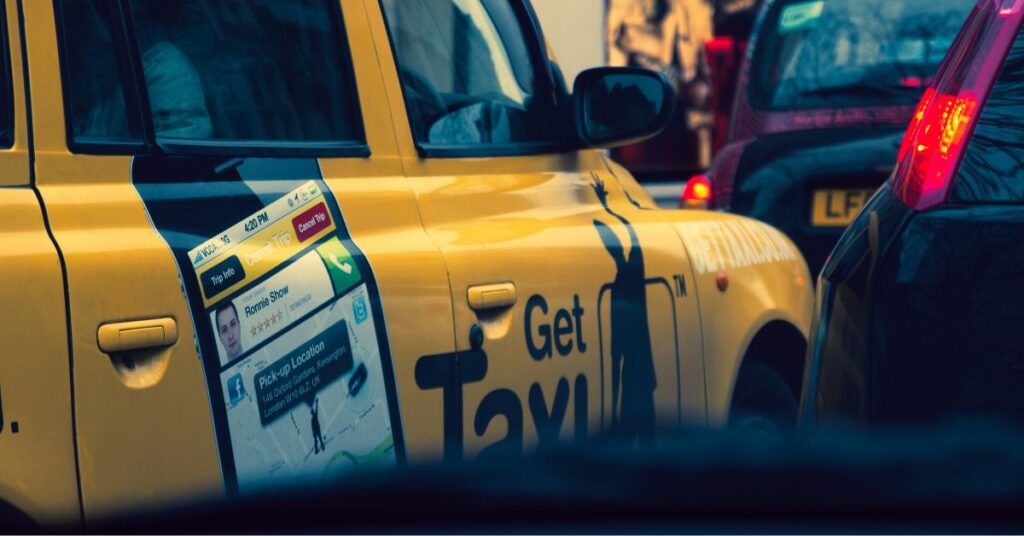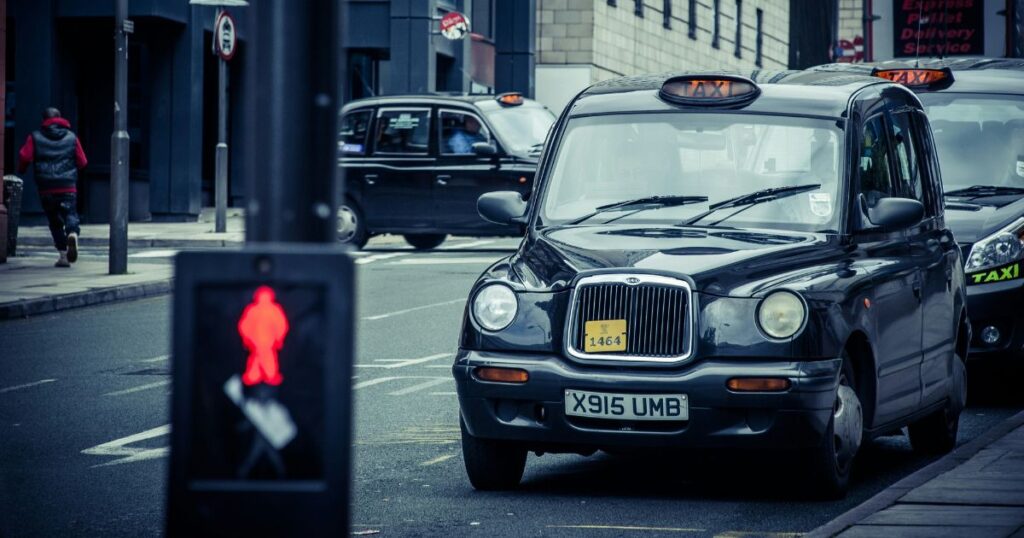Becoming a taxi driver can be a rewarding career choice, offering flexibility and the opportunity to meet a variety of people. One of the primary steps to entering this profession is obtaining a taxi licence. We’ll explore how much a taxi licence costs, the factors influencing these costs, and the steps involved in the licensing process.
Taxi insurance
If you obtain a taxi licence and pursue driving, it’s important to make sure you have a suitable taxi insurance policy in place. If you need a cheap, simple quote for this, please consider getting a quote below!
Understanding the cost of a taxi licence
The cost of a taxi licence varies depending on several factors, including your location, the type of licence you need, and additional requirements such as medical examinations and background checks. Below, we break down these components to give you a clearer picture of what to expect.
Types of taxi licences
There are typically two main types of taxi licences:
- Hackney carriage licence: Allows you to pick up passengers from the street or taxi ranks without prior booking.
- Private Hire Vehicle (PHV) licence: Requires pre-booking and cannot pick up passengers from the street.
Each licence type has its own set of costs and requirements. Find out the difference between them in this Public hire insurance vs private hire taxi insurance blog.
Initial application fee
Firstly, the initial application fee for a taxi licence can range from £50 to £200. This fee covers the processing of your application and initial background checks.
Knowledge test fees
In many areas, aspiring taxi drivers must pass a knowledge test, which assesses their understanding of local geography and landmarks. The cost of this test typically ranges from £25 to £75.
Medical examination
A medical examination is usually required to ensure you are fit to drive. The cost of this examination can vary but generally falls between £80 and £150.
Disclosure and barring service (DBS) check
A DBS check is required to ensure you have no criminal record that would disqualify you from driving a taxi. The cost for this check is usually around £50.
Vehicle licensing fees
If you own a vehicle, it will need to be licensed separately. The cost of vehicle licensing can vary widely, often ranging from £100 to £400. This fee may include the cost of a vehicle inspection to ensure it meets safety standards.
Ongoing costs
After obtaining your initial licence, there are ongoing costs to consider:
- Licence renewal fees: Taxi licences need to be renewed periodically (typically every 1-3 years). Renewal fees can range from £50 to £300.
- Vehicle maintenance and inspections: Regular maintenance and periodic inspections are necessary to keep your vehicle in top condition, which can add to your ongoing costs.
How much is a taxi licence in different locations?
The cost of a taxi licence can vary significantly depending on your location. Below are examples from various councils to give you an idea of the range of fees:
- Reigate and Banstead Council: Licensing fees for taxis and private hire vehicles start from £56 for an initial application.
- Leeds City Council: The cost for a new Hackney Carriage Licence is approximately £282, with additional costs for the knowledge test and vehicle inspection.
- Wigan Council: Fees for a new taxi licence start at around £94 for the application, with additional fees for the DBS check and medical examination.
Steps to obtain a taxi licence
Here’s a step-by-step guide to obtaining a taxi licence.
- Check eligibility: Ensure you meet the minimum age requirements and have a valid driving licence.
- Pass a knowledge test: Study local geography and landmarks, and pass the required knowledge test.
- Complete a medical examination: Book and pass a medical examination with a certified doctor.
- Apply for a DBS check: Complete the necessary forms and submit them for a DBS check.
- Submit your application: Gather all required documents and submit your application along with the initial fee.
- Vehicle inspection: If you own a vehicle, ensure it meets safety standards and submit it for inspection.
- Receive your licence: Once approved, you will receive your taxi licence and can start operating.
Summary
Understanding how much a taxi licence costs involves considering various fees and requirements, which can differ by location and licence type. Moreover, by knowing the components and the process involved, you can better prepare for the financial and procedural aspects of becoming a licensed taxi driver.
Remember to check specific requirements with your local council, as they can provide the most accurate and up-to-date information. Additionally, with the right preparation, you’ll be well on your way to a successful career in the taxi industry.


